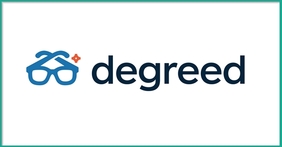
It's an excellent service and one that students can start to benefit from at the high school or even junior high level. Plus, Degreed will verify all diplomas, badges, and degrees to provide actual proof that a person has accomplished what they say they have. It's incredibly user friendly and definitely worth checking out, so, let's dig in!
After that you'll be taken to your Dashboard, which will probably look fairly blank. From here you can add new courses, degrees, or any other learning you've accomplished. This brings me to one of the aspects of Degreed I really like. Not only does it keep track of your traditional degrees and certifications, but you can also record any books, articles, conferences, and videos you learn from as well.
So, you've got your basic information entered, but let's say you want to get your degree(s) verified, so employers can actually trust the information you have on here. Under the Degree section, you can click Upload Transcript to submit a digital transcript.
For $12 they will verify your courses with your university, and you'll be good to go. Not that you have to verify your transcript if you don't want to, but if you're planning on using the site for professional reasons, it probably makes sense.
Now, what about all those classes you've taken through Udemy and CodeAcademy? And this is where the site could come in handy for K-12 students as well. Online coursework is beginning to grow at the K-12 level, students are earning badges and certifications in all sorts of subjects, and having a site to keep track of all that learning is an excellent idea.
Imagine a high school student at a job interview with a resume and a link to her Degreed page with a huge collection of certified learning activities, that's going to look pretty good.
So, for these courses you just click Add an Informal Course, enter in where you took the course, the course name, and the verification link (which you would be able to find on the site of the course provider) and you're all set!
And again, you don't have to add the verification URL for the course to be added to your learning log, but if you're using the service as a digital resume component, it's a good idea.
Now that you've got all your formal and informal courses added, you can start inputting conferences, books, videos, and articles. Degreed does an awesome job of organizing and categorizing everything you put in to make it look great and easy to find. Plus, it's as easy as copying and pasting a link to add new material.
As for verification, with the articles, videos, and conferences, there's really no way to verify if the person actually watched or read what they say they did. But, in my opinion, the verification of the coursework is the important part. If you're going to sit around and build your page by entering a bunch of articles you pretended to read, then so be it.
And now that you've got all your formal and informal courses, books, articles, videos, and conferences submitted to the system, your dashboard will start looking a little more complete. Plus you'll see your "points" really start to grow.
Sure, these points don't really "mean" anything, but in my mind, using this with high school kids, the points can be a great motivator and measurement tool of student progress.
Another thing I really like about Degreed is the learning goals. As you notice above, I've achieved 3/5 daily articles, 1/3 daily videos, and 1/1 monthly books. Those goals make for a nice motivator to keep learning through a variety of formats.
Plus, Degreed has four incredibly well-organized sections to continue your learning. If you look under the Discover menu at the top, you'll find new Media, Skills, Learning Resources, and MOOCs to check out.
And that about covers it! Overall, there are two big things that I really love about this site. First, that it catalogs all learning. Not just degrees from accredited institutions, but basically everything you can do learning-wise. Plus, the verification of formal and informal courses is an awesome addition that really makes Degreed a practical choice for a professional portfolio (as opposed to sites like LinkedIn where you can basically say you have whatever degree you want without any question).
Second, I love the emphasis on continued learning. With the points, learning goals, and additional resources available, it makes it a whole lot easier (and more fun) to keep learning. They've done a great job of making users want to build their profile and expand their portfolio.
I think this is a excellent resource for students as young as 6th grade to start building to help them organize and keep track of all the online material they learn. Imagine the portfolio you could build by the time you're a senior if you've spent 6 years adding to your profile. Not that there needs to be a huge emphasis on professionalism and portfolio building, but kids are already reading articles and earning online badges, so why not have a cumulative record of it all?
In conclusion, I am very impressed with Degreed and think that this site has some awesome potential for students and professionals. I'd absolutely recommend trying it out!
Side Note: I know I give a lot of 4 and 5-star ratings on this site, this is because I only choose to review apps, sites, and services that I have previewed and have a good feeling about. I'd rather not waste my time reviewing sites that aren't really worth their weight. So, that's why everything is always looking so great here at the Roundup! And thanks for reading!


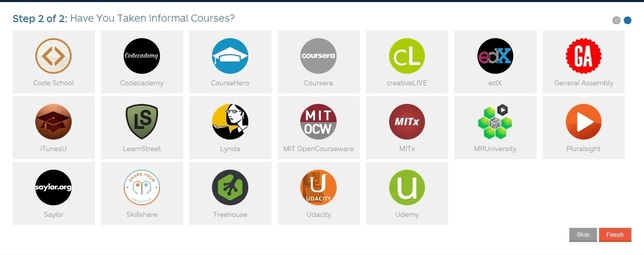
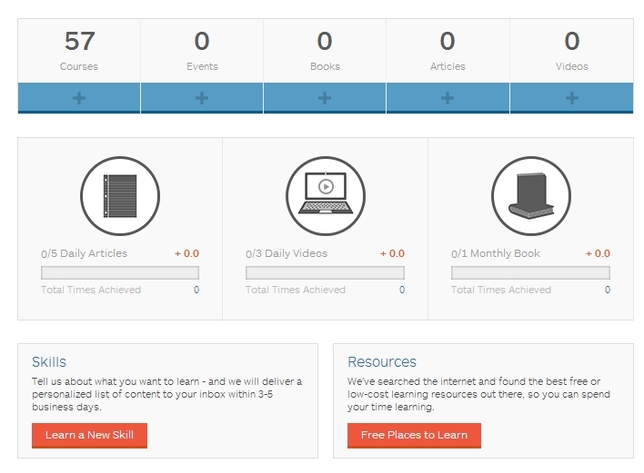
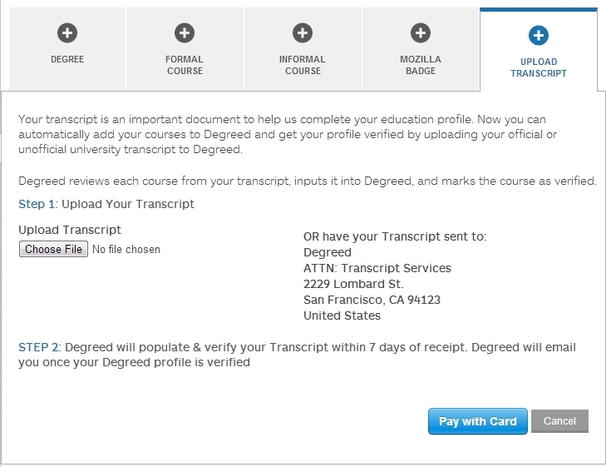
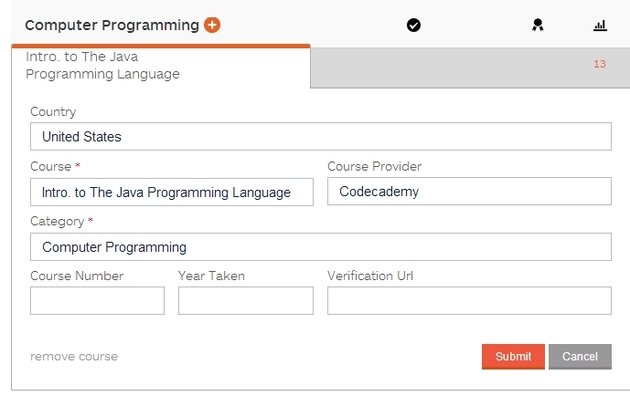
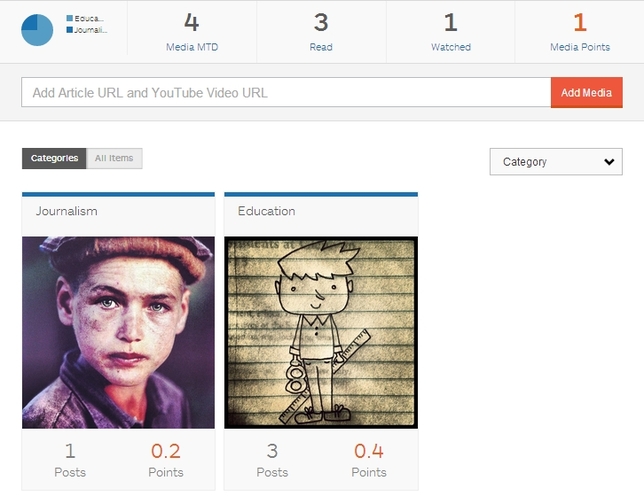
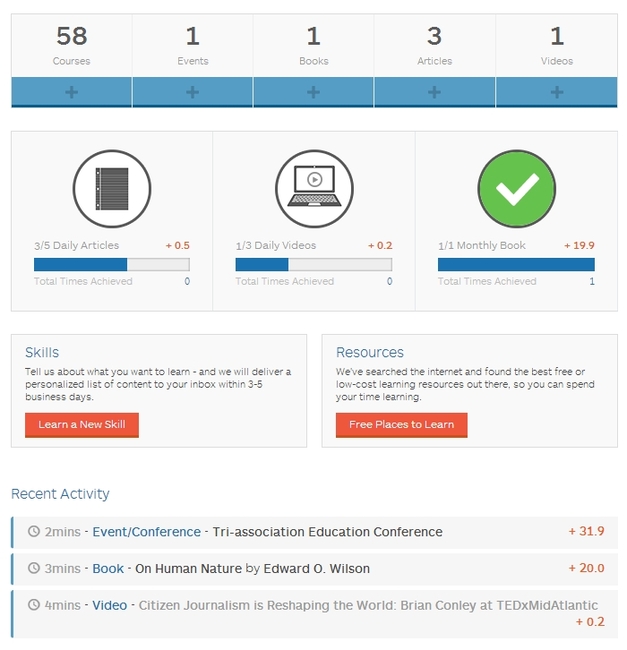
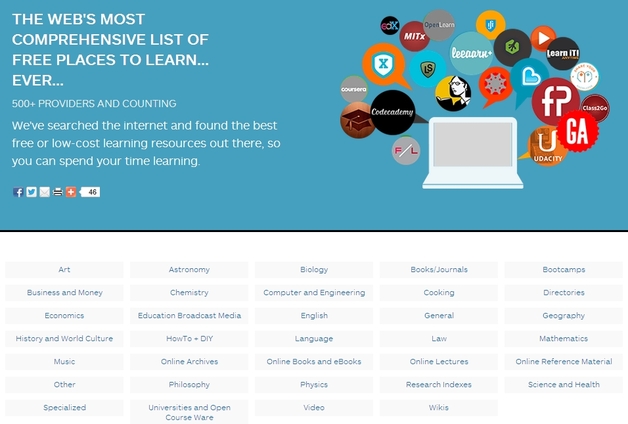



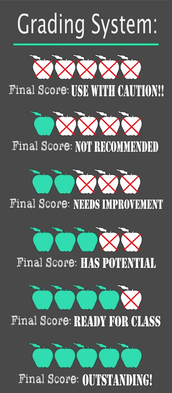





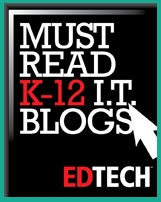
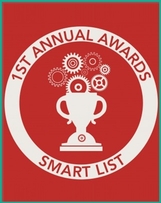
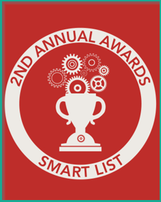

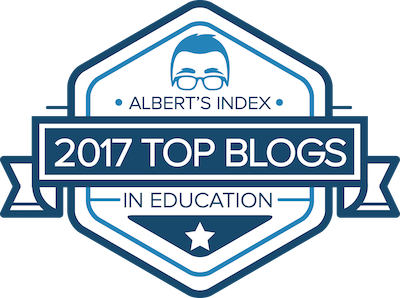
 RSS Feed
RSS Feed
